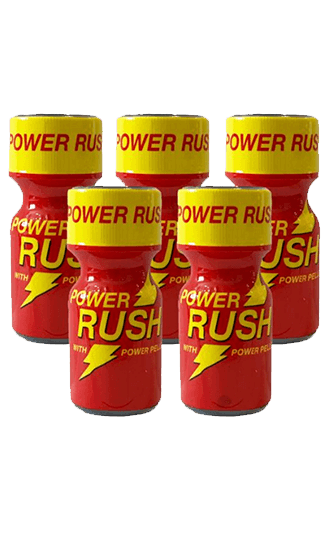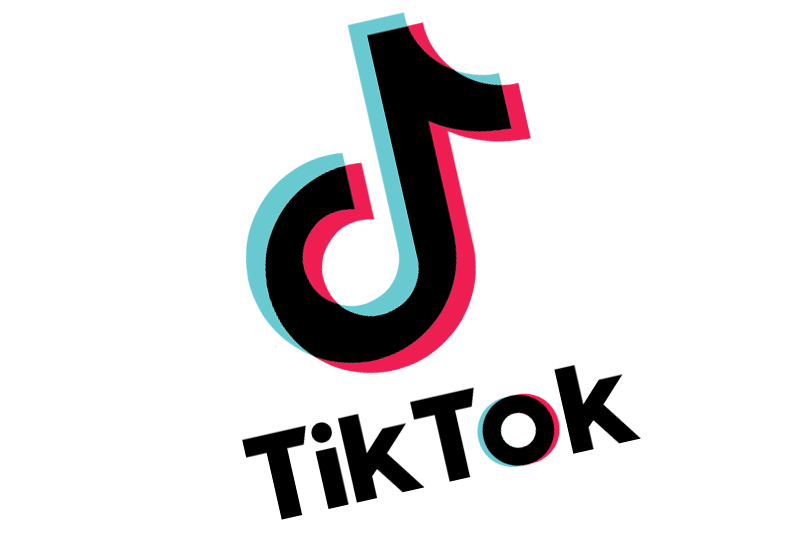Whatever happens in this ongoing experiment into disassociation, it’s a safe bet we’re going to spend more of our lives online, mediated and at home. As a result, we can expect the touchpoints available to brands to become even more fragmented. Suspenseful storytelling has already been upended by the need to be “thumbstopping”, and Gen Z’s attention span is supposedly down to a miniscule 3s (a goldfish’s is 9s). How can a brand create an emotional connection within these limits?
Cognitive science has made huge strides in understanding how music works recently – its relation to memory, to language and above all, its hotline to emotion. Music is laid down to memory in shorter timeframes than verbal content, and is processed, not by our rational brain, but by our limbic system, the older animal brain that governs our instincts and emotions. The scope of audio-led brand-building has expanded accordingly, no longer restricted to emotionally and culturally neutral mnemonics like the classic Intel bongs.






